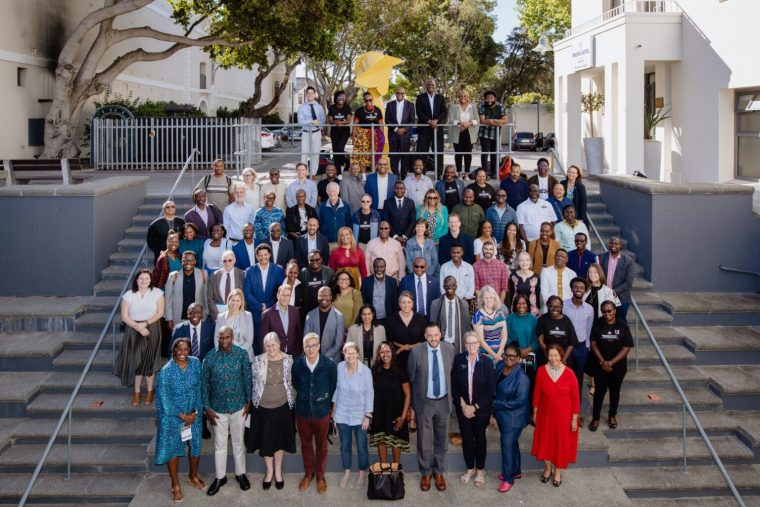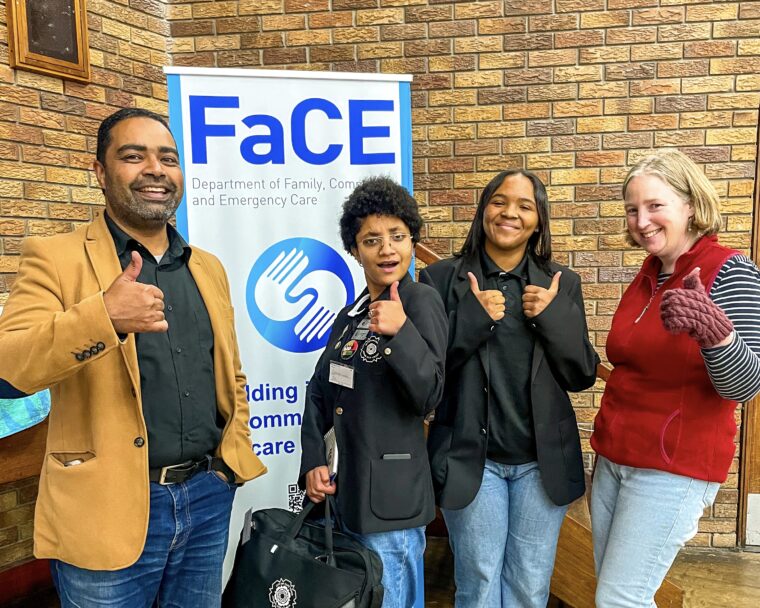Learn about how the University of Cape Town is partnering with communities in South Africa to co-create health solutions for better health outcomes
In Cape Town’s Klipfontein region, young people and their families continue to face complex and interlinked health challenges, including mental health concerns, substance abuse, and teenage pregnancies. Determined to be part of the solution, community members are stepping forward to shape programmes and policies that reflect their lived realities. As part of the Africa Health Collaborative (AHC), the University of Cape Town (UCT) is supporting this movement by creating inclusive spaces where local knowledge and evidence come together to drive practical change and inform health policies.
Over the past months, two initiatives have demonstrated the power of that commitment in action.
In Bridgetown/Silvertown, Klipfontein, over 100 youth, parents, educators, healthcare workers, and NGOs braved stormy weather to participate in UCT’s community-driven health dialogue. Together, they spoke honestly about mental health and sexual and reproductive health challenges, co-designed solutions, forged new partnerships between health facilities, local schools, NGOs, and local youth groups. This dialogue reinforced a collective commitment to provide youth-centred support on these issues — showing that meaningful change happens when those closest to the challenges lead the way.
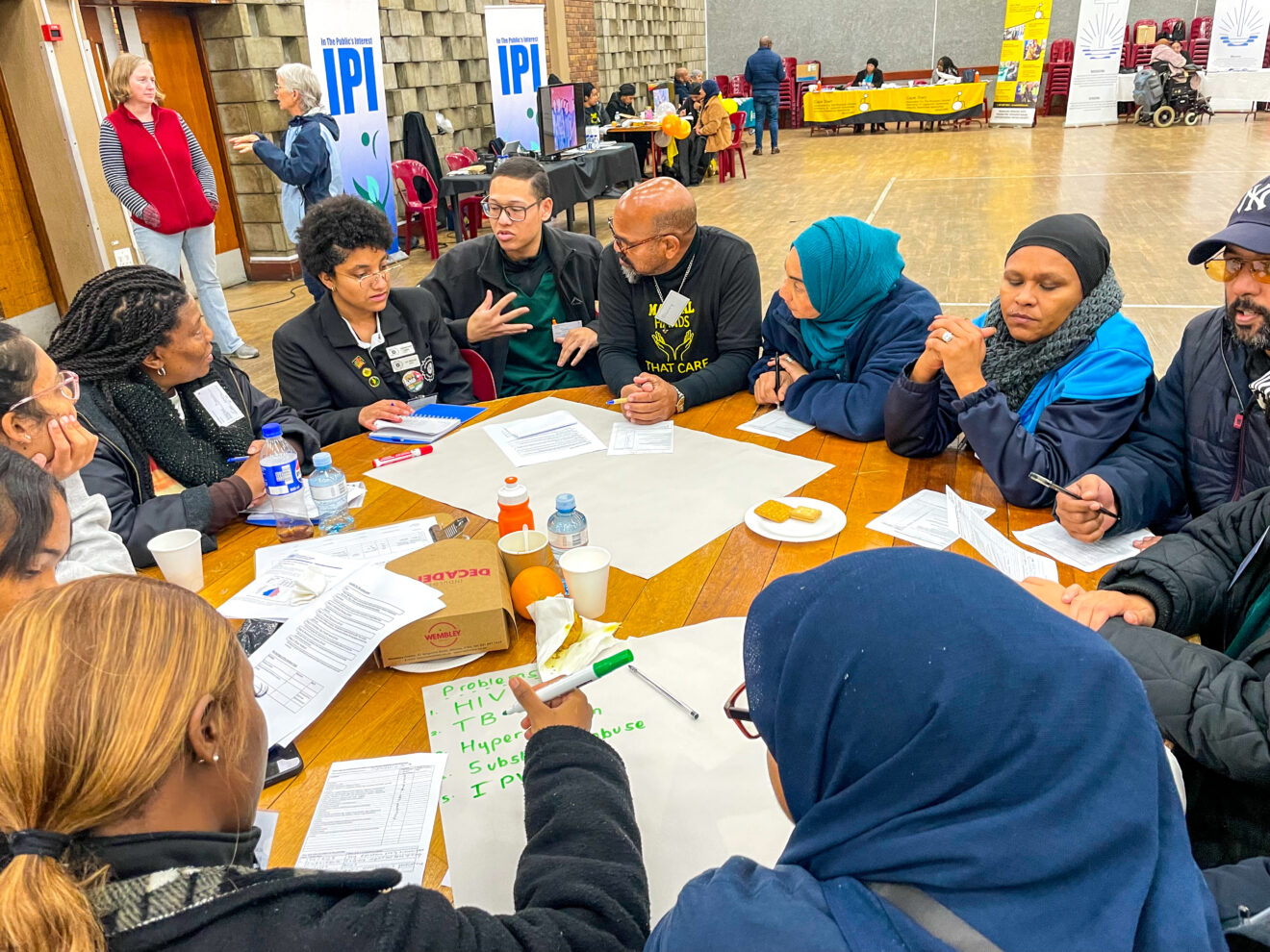
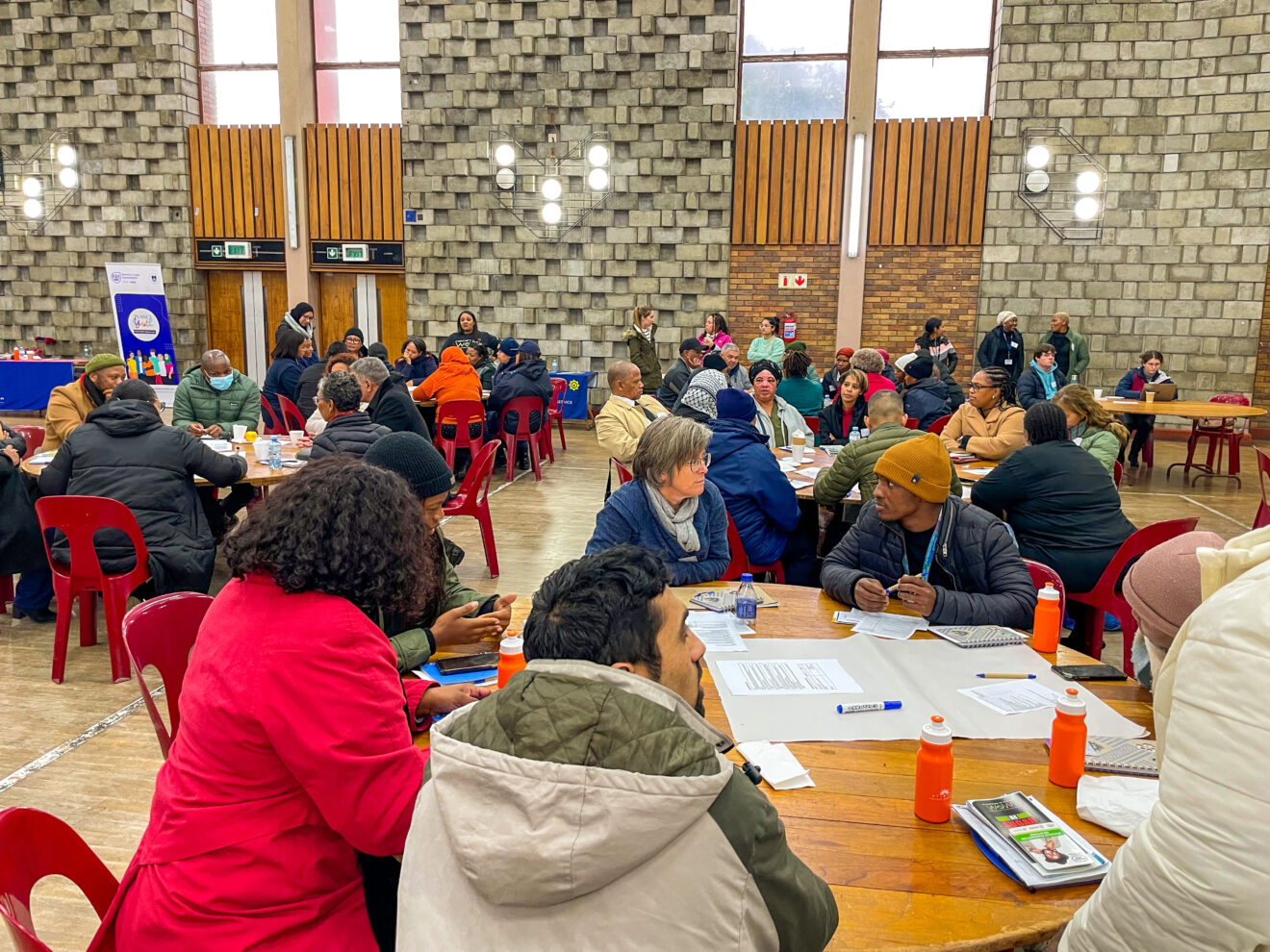
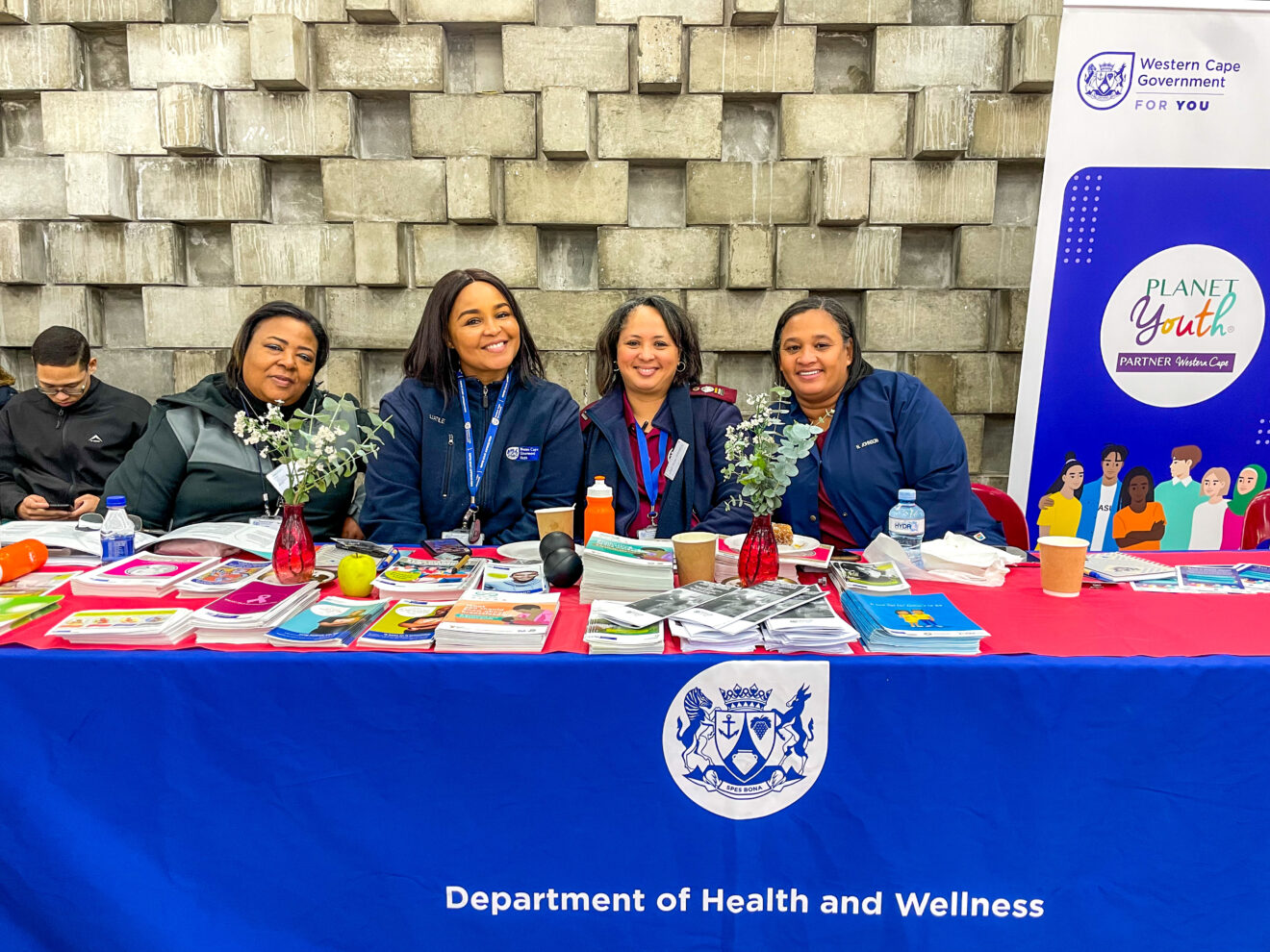
At the same time, a Youth Wellbeing Survey — conducted by UCT across 15 schools in Klipfontein and Langa in partnership with Planet Youth, the Western Cape Department of Health & Wellness and the Western Cape Education Department — captured the voices of 85% of Grade 8-9 learners in the selected schools. These youth shared insight into their experiences of substance use, family dynamics, leisure time, peer influence, community safety, violence, and general well-being. The data revealed both urgent risk factors and protective factors. For instance, learners whose parents clearly disapproved of substance use were up to three times less likely to drink, vape, or use dagga — highlighting the importance of strong parental engagement. At the same time, the widespread and early uptake of vaping, now affecting more than a third of adolescents, emerged as a critical public health concern.
Their perspectives are now being used to guide community-driven interventions and inform policy discussions with decision-makers to create safer, more supportive environments for young people.
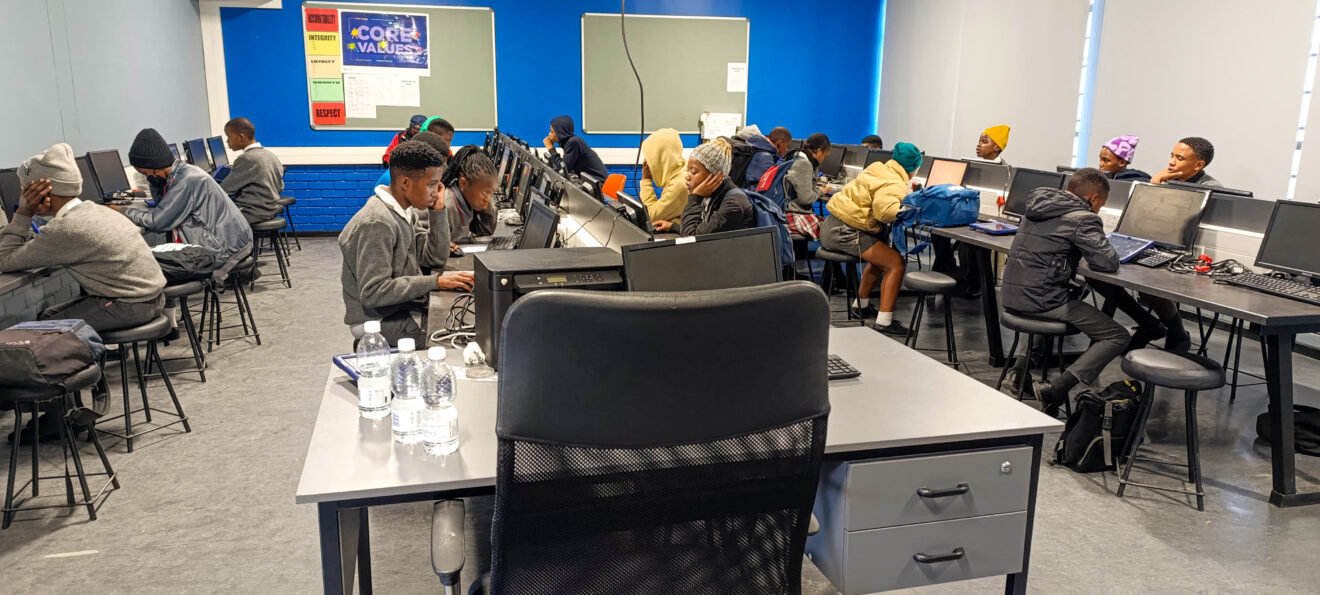
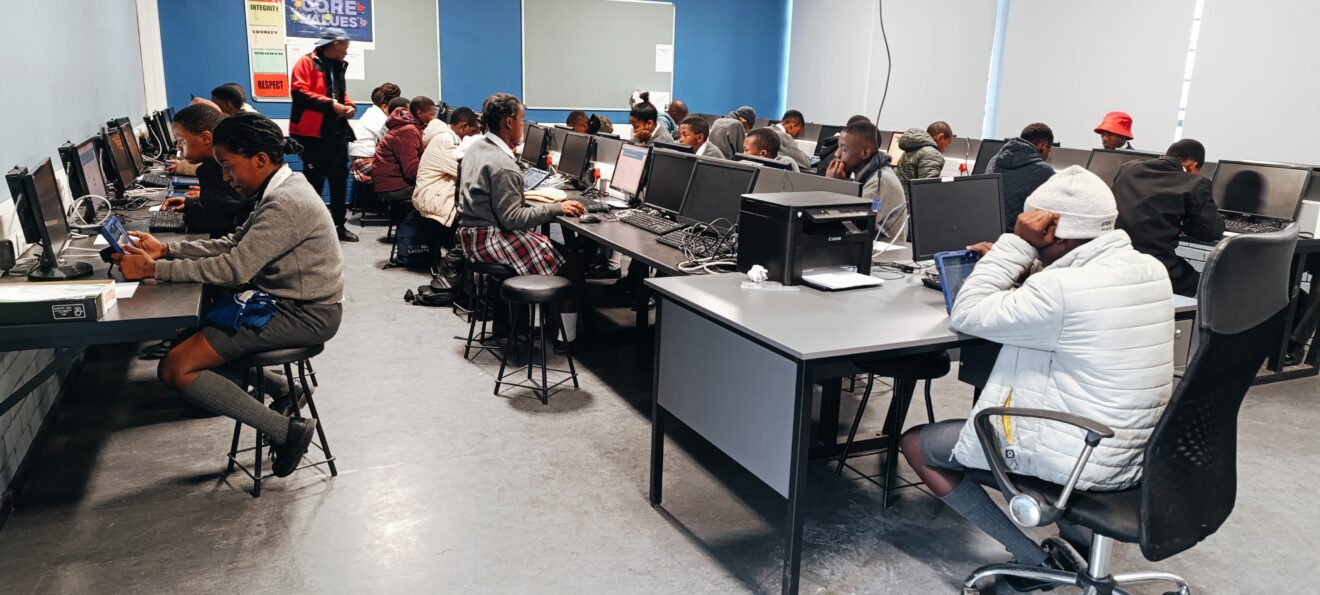
Together, these initiatives offer a compelling model for building responsive primary health care systems and local policy solutions — one that starts by listening deeply, involving communities from day one, elevating youth voices, and grounding actions in lived experience and data. Led by UCT as part of the Africa Health Collaborative’s mission to champion locally led solutions, this approach shows the commitment of communities and young people to be co-creators of health solutions and dialogues. It demonstrates that working with communities — not for them — can be a catalyst for healthier, more resilient futures for young people.
More News & Events
Skip scroller content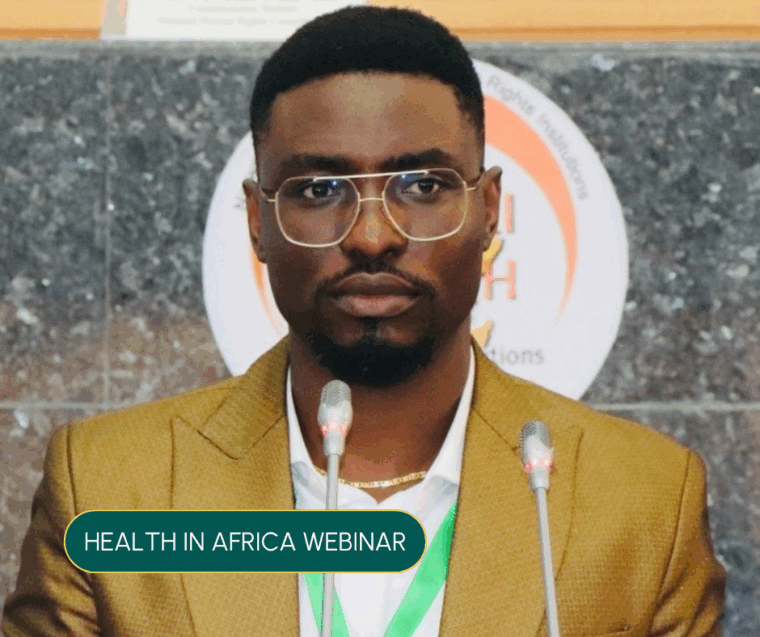
Building Inclusive Health Systems for People in Contact with the Criminal Justice System in Africa
Join this webinar to explore how Africa can build inclusive health systems that protect the dignity, safety, and well‑being of people who come into contact with the criminal justice system.
Dignity, Data, and Disruption in Africa’s Health Systems: A Young Leader’s Reflection
John Nyagaka, a Mastercard Foundation Scholar and AHC Young Leaders Table Chair, reflects on his transformative experience at the 2025 Annual Convening.
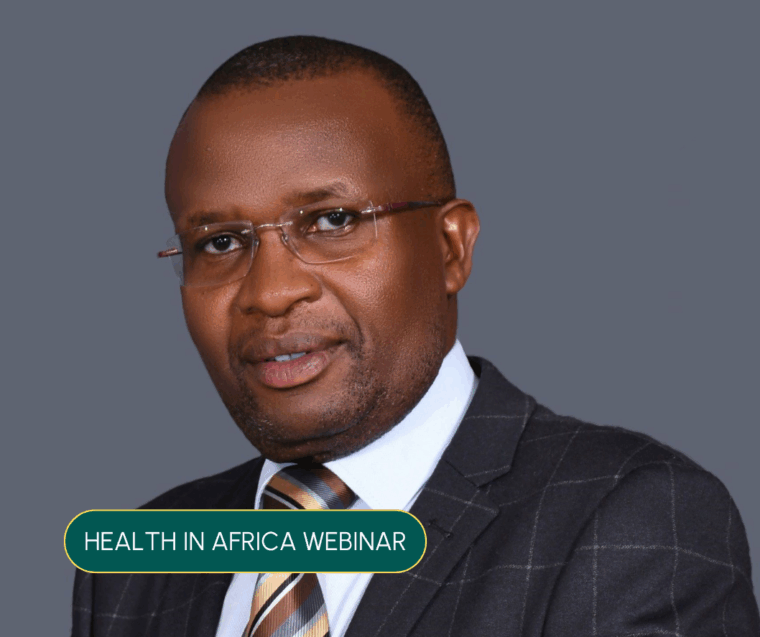
What Works: Improving Maternal and Newborn Health in Kenya and Ethiopia
Join this webinar to explore how community-led systems and digital innovations, in partnership with local leaders, are scaling sustainable healthcare impact and delivering life-saving care for mothers and their newborns.

Apply for the AIMS Master’s in Mathematical Epidemiology (MathEpi) Scholarship
Apply for the 2025 AIMS MathEpi Master’s program. Fully funded scholarships for African students in statistics and public health. Deadline: March 15.

Apply for KNUST’s CPD-Eligible Short Courses in Health Systems and Services Management
Applicants must meet the following requirements to qualify for the scholarship: Short Courses and Timelines 23rd – 27th February 2026: Emergency Preparedness and Response to Epidemic/Pandemic-Prone Diseases 10th – 14th February 2026: Community Emergency Care 24th – 27th February 2026: Palliative Care Module 1 23rd – 27th March 2026: Introduction to Healthcare Quality Improvement (IQI) […]
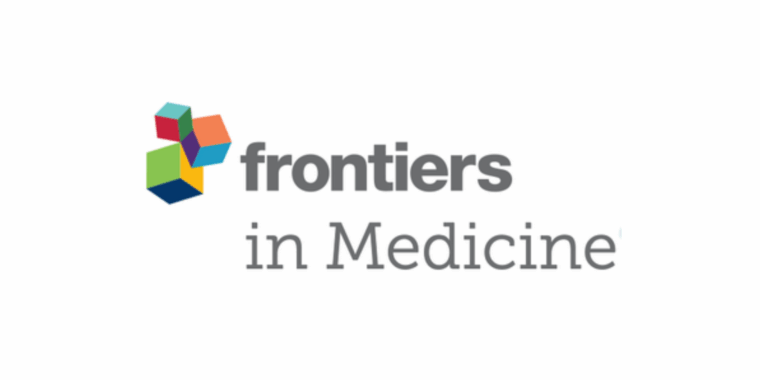
Call for Insights & Stories: Frontiers Opens Special Collection for AHC Partners
The Africa Health Collaborative (AHC) is pleased to share an exciting opportunity for all AHC institutional partners to share original research, reviews, case studies, policy briefs, perspectives, and reflective pieces in a new article collection titled “United in Partnership: Academic Collaborations for Primary Health Care Transformation” by Frontiers in Medicine. This special collection is being […]

A New Chapter of Collaboration: AHC Welcomes Prof. Joachim Osur as Executive Steering Committee Chair
The Africa Health Collaborative (AHC) has announced Prof. Joachim Osur, Vice Chancellor of Amref International University, as the new Chair of the Executive Steering Committee (ESC). The symbolic handover took place during the closing ceremony of the 2025 AHC Convening in Rwanda, held in October 2025. This marks a significant leadership transition from Prof. Nhlanhla […]
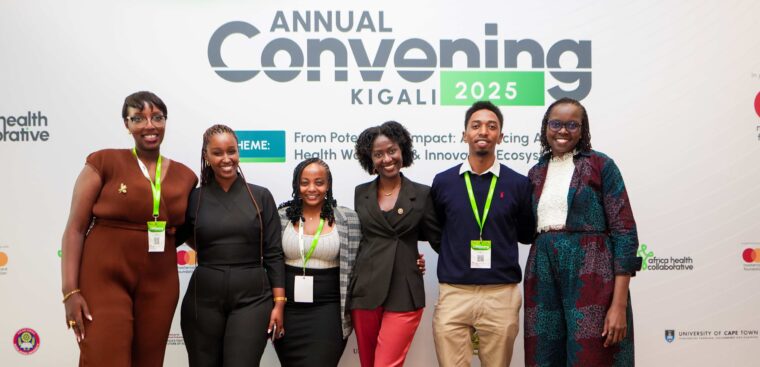
Africa Health Collaborative 2025: Driving Transformative Change in Primary Healthcare Future
Last October, over 170 policymakers, health experts, academics, and youth innovators from 14 countries came together for the Africa Health Collaborative’s (AHC) 2025 Annual Convening, hosted by the African Leadership University (ALU) in Kigali, Rwanda.

Engineering Dignity: Designing Low-Cost Prosthetics in the University of Cape Town’s MedTech Lab
Read about how Jemila Abdulai’s internship at UCT’s MedTech Lab strengthened her commitment to human-centered engineering, demonstrating how affordable innovations like the ADL Arm can expand access, restore dignity, and transform lives in underserved communities.

Graduate Scholarship Opportunities at the Kwame Nkrumah University of Science and Technology
Apply for graduate (MPh, MSc, MPhil, PhD) scholarships at the Kwame Nkrumah University of Science and Technology.
